
https://www.youtube.com/watch?v=M5ADM_V3bJY
How to Get Enough Potassium on the Carnivore Diet - Dr. Berg
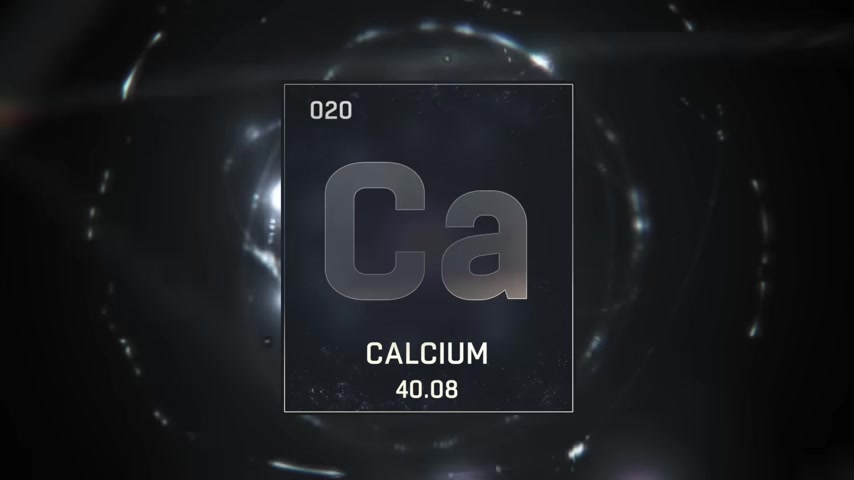
Can you really get enough potassium if you're doing carnivore ?
Well , let's go into it .
1st , I wanna explain a little bit about how potassium works .
Potassium is not the most abundant mineral in the body .
Calcium is because calcium is stored .
But potassium is the mineral that you need the most out of any nutrient as far as a daily amount .
You need , like , 47 100 milligrams a day .
That's a lot .
So why do you need that much ?
Because potassium is involved in something called the sodium potassium pump , and that's in all of your cells .
It's a pump that allows the contraction and relaxation of your nerves , not to mention the fluid inside and outside the cells .
Let's talk about if you have too much potassium or too little potassium .
Okay ?
So too much potassium , the word for that is called hyperkalemia , because it's too much potassium .
Not enough potassium , that's called hypokalemia .
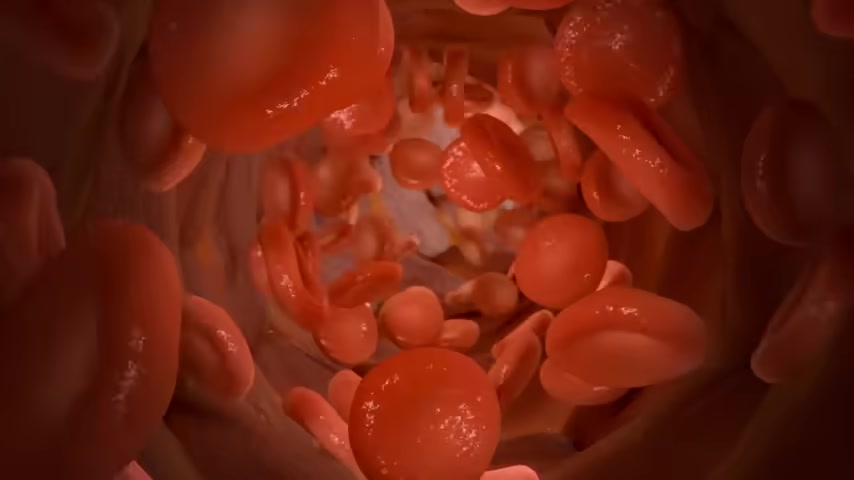
So what you need to know about both is that it's very rare to have any symptoms even if you have low or high , unless it's like extreme .
Most of the potassium , like 98% of it , is inside the cell .
There's a lot of factors that can , make it even lower in the blood even though they're measuring only 2% of it .
What are the symptoms for low potassium versus high ?
If you have high potassium , you can have diarrhea .
Low potassium , constipation .
So with high potassium , you have more muscle pain or muscle numbness .
But with low potassium , you have more muscle cramps and just an overall tiredness .
So you can imagine , like , especially if you exercise , like , you need potassium to allow things to work .
It's gonna help your performance .
And if you don't have enough , you can feel kinda weak and kinda tired .
And just as a side note , 1 of the causes of low potassium is low magnesium because they work so closely together .
Alright .
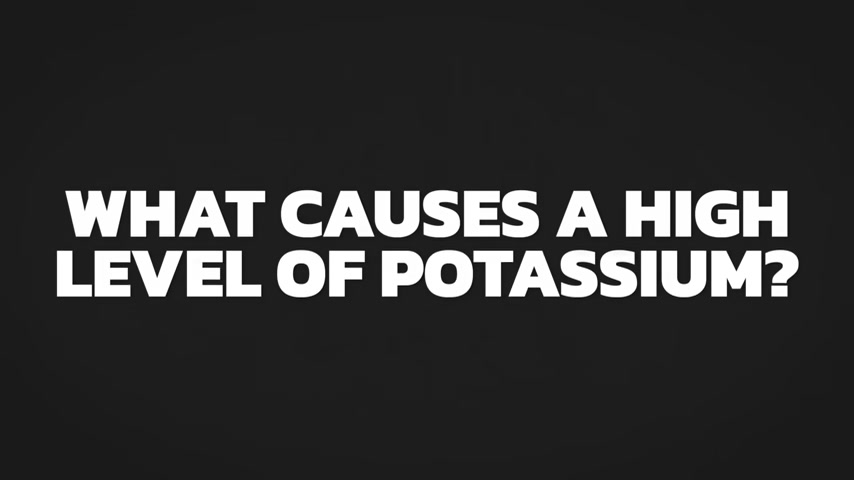
So what would cause a high level of potassium ?
Well , mainly it's gonna be kidney disease .
It's because the kidney can't get rid of the potassium , and so it just builds up in the body .
It's extremely rare to develop too much potassium in the blood from dietary potassium or even taking supplements of certain blood pressure medications .
And it can also be a side effect of an adrenal condition called Addison's , which is a condition where your adrenals just aren't working .
And you have this hormonal problem where you're retaining more potassium and you're losing a ton of salt .
This is why people with Addison's disease need to take a lot of salt .
So in other words , the more potassium you have , the less ratios of sodium you're going to have .
And so typically we need a 2 to 1 ratio , like 2 times as much potassium as sodium .
We need both , but we need the right ratios .

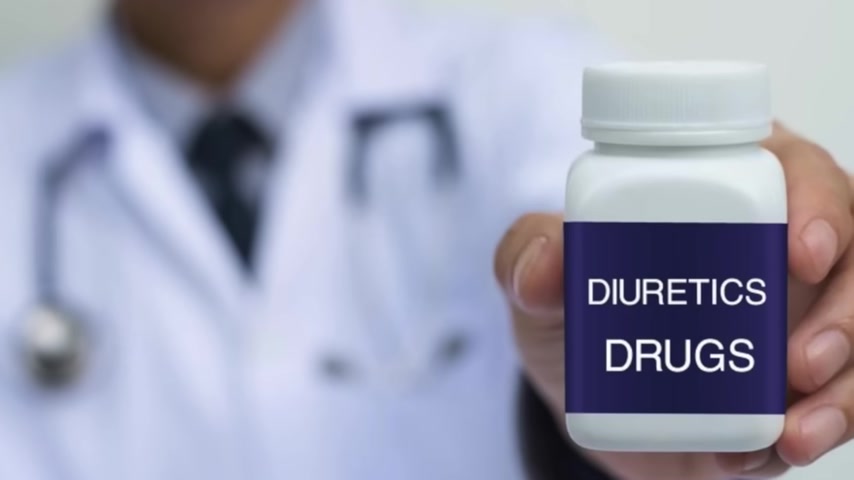
Now what's interesting is 1 of the side effects from taking too much potassium is diarrhea because it creates like a laxative effect .
Diuretics are a common cause of low potassium .
Steroids are another cause of low potassium .
Another interesting cause is crush injury .
So you have this injury , we have trauma , you you lose a lot of potassium from that .
Hallucinations and depression are a common cause of low potassium .
In fact , when you get a surgery , the requirement for potassium goes up too .
Now that you know a little bit about potassium and the need for potassium , most people think that potassium only comes from plants .
That's not necessarily true , but you do get a lot of potassium from plants .
Like for example , beet leaves , 1 cup has 1300 milligrams .
Beet leaves are loaded with oxalates as well , and people don't normally consume a lot of beet leaves .
You also have Swiss chard , which also has oxalates .
That has like , over 900 milligrams per cup .
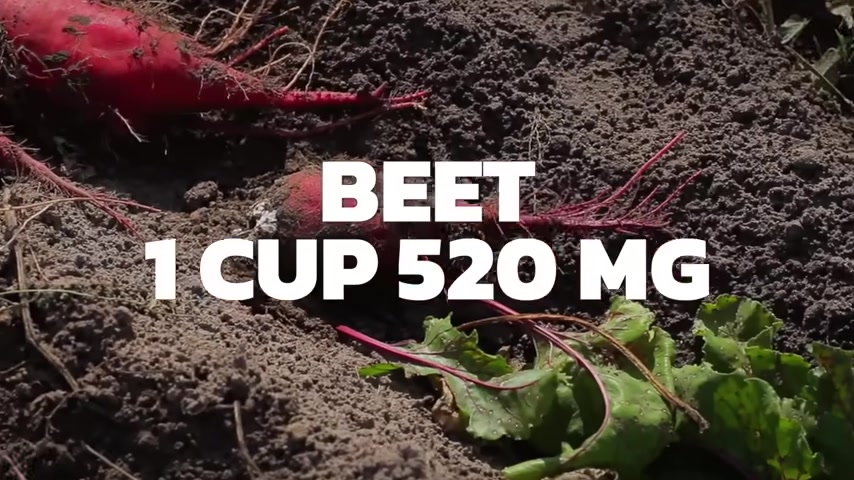
Then you have spinach , also high in oxalates , 840 milligrams of potassium .
Avocados have between 507 100 milligrams of potassium .
And actual beets have like 520 milligrams per cup of potassium .
And then you have also just regular salad .
You can get a good amount of potassium .
It's usually between 350 to 500 milligrams per cup .
So if you're doing several cups , you're gonna get a good amount of potassium .
And I don't recommend getting your potassium from bananas because it's high in sugar and you only get , like , 300 milligrams per banana .
So what about this carnivore diet ?
Where are you gonna get your potassium ?
Well , bone broth .
1 cup of bone broth can give you 500 milligrams of potassium .
That's just 1 little cup .
3 and a half ounces of beef can give you 350 milligrams of potassium .
3 and a half ounces of octopus can give you , like , 650 milligrams of potassium .
3 ounces of salmon can give you 300 milligrams of potassium .
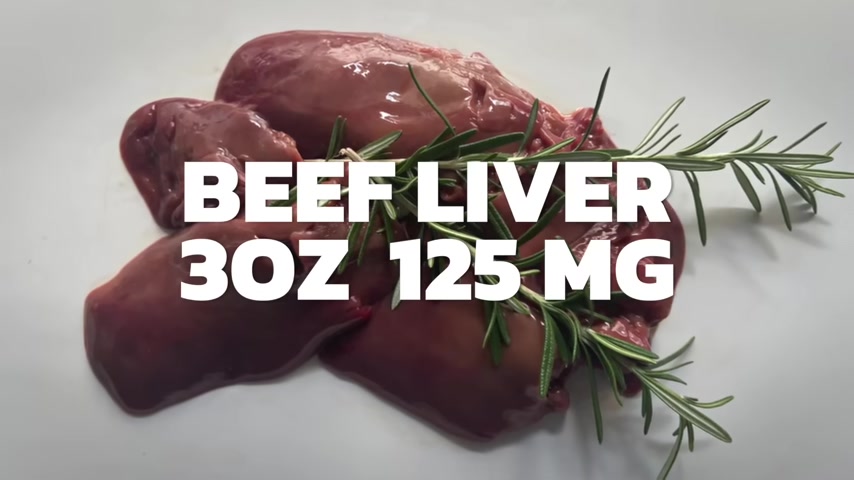
Now realize , you're probably consuming more than 3 ounces or 3 and a half ounces of these animal products .
1 large egg is about 63 milligrams of potassium .
3 ounces of beef liver will give you about a 125 milligrams of potassium .
And even 3 ounces of chicken can give you about a little over 300 milligrams of potassium .
And so I hope I sufficiently answered that question .
And since we're on the topic of carnivore , if you have not seen my video on the benefits of consuming beef , you should check it out .
I put it up right here .

Are you looking for a way to reach a wider audience and get more views on your videos?
Our innovative video to text transcribing service can help you do just that.
We provide accurate transcriptions of your videos along with visual content that will help you attract new viewers and keep them engaged. Plus, our data analytics and ad campaign tools can help you monetize your content and maximize your revenue.
Let's partner up and take your video content to the next level!
Contact us today to learn more.